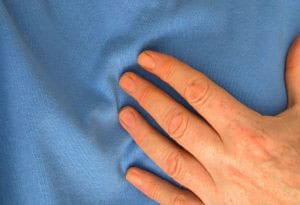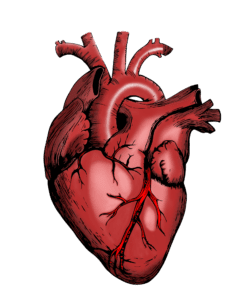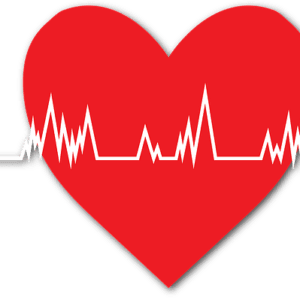Heart Disease
What is heart disease?
Heart disease is an umbrella term for a number of conditions that impact the heart. This includes diseases of the blood vessels, heart infections, arrhythmias, disease of the heart muscle, congenital heart defects, and valvular heart disease.
What are the symptoms of heart disease?
The symptoms of this condition differ based on which specific type of heart disease one has. Additionally, males and females tend to experience heart disease in different ways, with males more likely to experience chest pain, and females more likely to experience chest discomfort and other symptoms.
Common symptoms include:
- Chest pain
- Shortness of breath
- Discomfort, tightness, and/or pressure in the chest
- Dizziness/lightheadedness
- Racing or slow heartbeat
- Swelling and/or pain in the extremities
- Tiring easily
- Fatigue
- Fainting
It is important to seek treatment for this condition, as there are severe complications may occur. These include heart attacks, sudden cardiac arrest, heart failure, aneurysm, stroke, and peripheral artery disease.
What causes heart disease?
The cause of heart disease depends on which form one has. For example, coronary artery disease is the result of a buildup of fatty plaques in the arteries, a process known as atherosclerosis.
Arrhythmias typically occur because of an outside trigger or condition, such as high blood pressure, diabetes, drug use, smoking, stress, coronary artery disease, valvular heart disease, congenital heart defects, excessive caffeine or alcohol use, and certain medications. In terms of congenital heart defects, they typically occur when a fetus is developing in the womb.
For cardiomyopathy, there is usually no known cause. In some cases, it is a hereditary condition that is passed through families. One can also be born with valvular heart disease, or damage to the valves could be caused by infections, connective tissue disorders, and rheumatic fever. Lastly, heart infections are the result of bacteria, viruses, or parasites.
In terms of risk factors, being male and of older age raises one’s chances of developing heart disease. Other factors include diabetes, obesity, a family history of heart disease, poor diet, smoking, high blood pressure, stress, physical inactivity, poor dental health, and high blood cholesterol levels.
How is heart disease diagnosed?
Firstly, doctors will perform a physical exam and ask about family and medical history. This will be followed by chest X-rays and blood tests. Doctors could also order an ECG, EKG, echocardiogram, stress test, Holter monitoring, MRI, CT scan, and cardiac catheterization.
What are the treatments for heart disease?
Treatment differs based on which type of heart disease one has. Generally, there are three treatment options. The first is lifestyle changes, such as more exercise and a healthier diet. Medications are another option, as are surgeries or other procedures.
Where can I find out more about heart disease?
Valvular Heart Disease Articles

Researchers Identify Kidney Disease as a Sudden Cardiac Death Risk Factor





